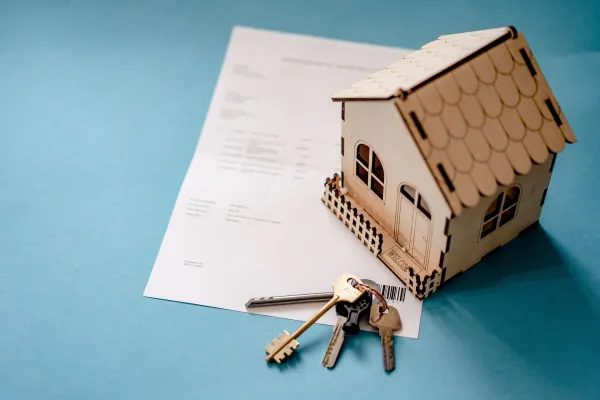Your passwords are secured by algorithmic encryption but cybercriminals do have numerous methods of accessing your personal information regardless. The tool that they employ understands it is that most popular passwords comprise of items like pet names birthdays, birthdays or just a basic mixture of words. This means that certain passwords will be the same for a variety of users. Database hackers attempt to break encryption by using the same method used to secure them, which is known as “hashing.” Thieves will employ hashing to input standard passwords and check which ones correspond to encrypted passwords that appear several times. This may allow them an access point to thousands of databases.
Table of Contents
Techniques for Hackers to Stole Passwords
Hackers don’t have to break into a database or employ a brute force technique like hashing in order to gain passwords. Hackers employ a variety of tricks to get passwords, many of which depend on users of computers being their own worst enemies for example:
Phishing
“Phishing” via email is one of the most popular methods of obtaining your password. Your email appears as if it comes from a reliable source, however, it’s actually a scam. The emails typically deceive users into clicking on either a hyperlink and downloading the attachment. The action downloads a malicious and malicious file that is downloaded onto your system, and your passwords are available for to be taken.
Social Engineering
Others will employ something known as “social engineering,” which involves the hacker manipulating users of computers into giving out passwords. You may receive a phone call, for instance one from a hacker who claims that they are from a reputable firm, offering technical assistance or asking passwords in order to gain access to your account.
Hackers may also employ additional, more sophisticated ways to hack However, most are quite simple and easily reversible. Sometimes, they do nothing more than glance over the shoulder of someone else to check their password. Sometimes, they simply think they know the password. The different methods of hacking passwords can be a real risk, however, and every computer user should be on guard. This is why it is crucial to be aware of the best methods to store passwords securely, both offline and online. It’s very easy to design a password that incorporates the upper and lower case letters, digits and symbols with an encrypted online password generator and then save it to the secure storage of data. If you believe that, the Passwarden app is available to you!
Greater way to Store Passwords Properly
It’s crucial to learn the best way to store passwords but the best first step to secure your account is to utilize 2FA (2FA) for each account that is accessible. 2FA provides an extra protection in the event that you are hacked by someone else. It’s a crucial initial step to take to ensure your security. 2FA will require a 2nd password for every login provided through an authenticator application or text message, phone call, or an email. 2FA will not work If your passwords aren’t protected by any of these methods however:
Make Use Of Your Browser’s Password Manager
The ability to store passwords is superbly included in Chrome, Firefox, Edge, Safari, and others. Your browser even has the ability to create a password automatically for you. This way it is possible that your web browser’s password management will store your password to be used on any device, making it crucial to be able to have a master password or password that you can set up for accessing your smartphone, computer or tablet. If you don’t do this, anybody who gets access to your device will be able access to all your passwords.
Try A Password-Saving Program
It’s not uncommon to lose a password, particularly on sites you don’t visit frequently. Similar to the password manager integrated in your browser, some applications also save passwords in a safe manner. Password-saving software can both save your passwords that are encrypted as well as create random passwords whenever required. There are even free versions that do not have certain paid features, however they provide the features you need.

Keep Track Of Your Records On Paper
Writing down passwords offline and storing it down could be old-fashioned (and is probably something you’ve been advised not to do, however, it’s definitely better than doing nothing and criminals aren’t able to get through your screen to take the notebook. Make sure you don’t bring it around and store it in a secured area. Other methods to make this method more secure are writing the password in reverse by writing only hints or writing down just one word in your password to help jog your memory.
It is also a good idea to remember your passwords but it’s not an option for all. Research shows that people need to remember on average 100 passwords at any given time. The significance of finding the most effective method to store passwords that work for you isn’t overstated.











